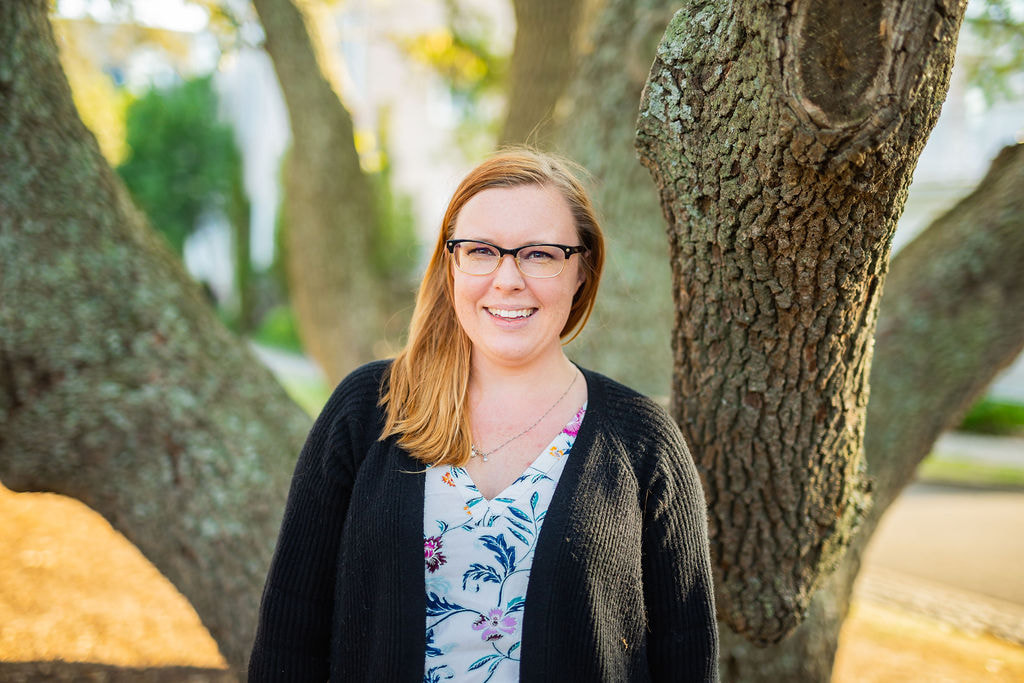|
IN THIS ARTICLE:
Marriage counseling can be helpful for couples who are struggling with problems in their relationship (learn more about the benefits of marriage counseling here). Sometimes, couples are unsure when to seek out marriage counseling. If this is you, then this article might be helpful. If you have decided it's time to seek out marriage counseling, then the next step is finding a marriage counselor. Finding the right counselor can a challenging, but it is important to remember that finding the right therapist is the most important part of starting marriage counseling. Several factors go into finding a marriage counselor such as their qualifications and experience, a therapy approach that feels like a good fit, as well as making sure the logistics of working together will work for both your and your partners schedules. In this article, we will explain some tips for finding a marriage counselor that is the right fit for both you and your partner!
How to find a marriage counselor
To find a marriage counselor, it is often helpful to ask for referrals from friends and family. This can help you know who others have liked working with and avoid people that others definitely would not recommend. You can also ask your individual therapist or other medical provider for how they would recommend for marriage counseling services. While most marriage counselors do not take insurance, it doesn't hurt to ask your insurance company for a direct referral to a marriage counselor in case there are some in-network marriage counselors in you area. Finally, one of the easiest ways to find a marriage counselor is to complete a google search. you can also use a therapist directory such as TherapyDen, ZenCare, or PsychologyToday to find both local and online marriage counseling options.
Checking their qualifications
When looking for a marriage counselor, it is important that they are licensed to provide counseling services by your state's licensing board website. Common licenses for marriage counselors include a licensed marriage and family therapist (LMFT), a licensed professional counselor (LPC), a licensed clinical social worker (LCSW), and a licensed psychologist. While a marriage counselor could have any of these licenses, those with a license of marriage and family therapy (LMFT) tend to have the most training in working with couples. The marriage counselor should list their license type on their website and you can double check their credentials by visiting your state's licensing board website. Another important qualification to look for is that the marriage counselor is certified in a specific approach to marriage counseling. If they do have a certification, this should also be listed on their website as well.
Considering their level of experience
Not every marriage counselor has the same level of experience. Before marriage counselors become licensed or certified in a type of marriage counseling, they are usually under supervision of a more experienced counselor. The pros of working with marriage counselors under supervision can still be really helpful and typically have lower rates, but just know that they are still learning, may make more mistakes, and the progress may be slower.
Ideally you would look for a marriage counselor with a proven track record of helping couples improve their relationship. This might be someone who is licensed with additional certification, who works predominately with couples versus a generalist counselor, and someone with many years of experience working with couples. You might also want to consider if the marriage counselor has experience helping couples with your specific concerns--such as navigating illness or disability, healing from an affair, or helping military couples navigate the effects of combat trauma. Researching their approach to marriage counseling
There are several different types of marriage counseling (learn more about the most common types here). It is important to learn about their approach and to make sure it fits your needs and what you are looking for. If there is no approach listed in their website, avoid working with them! For those that list their approach, it's important to know that each approach focuses on something slightly different. For example, some marriage counselors focus on helping you think and behave more positively, while others will focus on building communication skills, and other may use a more emotion-focused approach. You will want to research different approaches to marriage counseling to see which are considered the most effective type of couples counseling and which approach might fee like the best fit for you and your partner.
Currently there is only one evidenced based treatment for relationship problems and it is called Emotionally Focused Couple Therapy (EFT) (Learn how EFT works here). According to decades of research studies, EFT couples therapy has a 70-73% success rate with a 90% improvement rate (Learn more about the effectiveness of EFT couples therapy here). In comparison, most other marriage and family therapies have a 40-50% success rate. The logistics of working together
When choosing a marriage counselor, the logics also have to work out! You'll want to know if they provide in-person services and if so, you'll need to consider the location of their office and the travel time needed for appointments. Many marriage counselors also offer online counseling to help make it easier to attend appointments. Other things to know are the required frequency of sessions sessions and what days and times they have available for appointments. Lastly you will want to consider the cost of marriage counseling services and whether it is covered by your insurance plan. While most couples counselors do not take insurance, some will offer to provider paperwork for you to try to get reimbursed for a portion of the session fee. Not all insurance cover marriage counselor or allow for reimbursement; these are things you would want to find out from your insurance provider (You can find a list of questions to ask you insurance here).
Scheduling a consultation
At this point, you have done so much researching and have narrowed down the list of possible marriage counselors you might want to work with. The next step is to schedule a consultation with each marriage counselor. You will want to make sure that both you and your partner attend the consultation so you can both get a feel for the marriage counselor. Make sure to discuss your needs and goals with the counselor and ask them any questions you may have. Pick the person who you both feel good about and try them out. If in a couple of months you don't think it is a good fit, you can also switch to one of the other therapists you completed a consult with.
Looking to start Marriage Counseling?
Elizabeth Polinsky Counseling provides online Emotionally Focused Couples Counseling, as well as weekend-long Marriage Intensives, throughout the states of Virginia, South Carolina, Arkansas, and Nevada. Click the button below to schedule a complimentary consult.
About the Author
DISCLAIMER:
My podcast, blogs, videos, newsletters, and products are general information for educational purposes only; they are not psychotherapy and not a replacement for therapy. The information provided is not intended to be therapy or psychological advice; and nothing I post should be considered professional advice. The information provided does not constitute the formation of a therapist-patient relationship. I cannot answer questions regarding your specific situation; you should consult your doctor or mental health provider regarding advice and support for your health and well being. If you are experiencing a medical or mental health emergency, you should call 911, report to your local ER, or call the National Crisis Hotline at 1-800-273-8255. The podcast, blogs, videos, newsletters, and products are not a request for a testimonial, rating, or endorsement from clients regarding counseling. If you are a current or former client/ patient, please remember that your comments may jeopardize your confidentiality. I will not “friend” or “follow” current or past clients to honor ethical boundaries and privacy; nor will I respond to comments or messages through social media or other platforms from current or past clients. Current and past client’s should only contact me through the professional contact information provided on the website. Lastly, accounts may be managed by multiple people. Therefore, comments and messages are monitored by staff and are not confidential.
0 Comments
Your comment will be posted after it is approved.
Leave a Reply. |
AuthorElizabeth Polinsky Counseling provides marriage counseling, weekend-long marriage intensives, and therapist training in Emotionally Focused Couple Therapy (EFT). Online couples counseling services are available in Virginia Beach Virginia, and throughout the states of Virginia, South Carolina, Arkansas, and Nevada. Archives
November 2022
Categories |
Address283 Constitution Drive
One Columbus Center Ste. 600 Virginia Beach, VA 23462 |
Telephone(757) 262-3316
Fax
(757) 260-9965
|
info@elizabethpolinskycounseling.com
|
|




 RSS Feed
RSS Feed